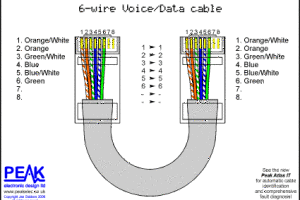Electrician Training
One of the many little known facts about the electrician trade is the high degree of training required to get to the professional level. To become an electrician in the United States there are a great deal of requirements to meet. Depending on the state in which you train and seek to work, there are several stages of training possible. Generally, you begin as an apprentice. In some places you can only be taken on as an apprentice after several years of institution-based education. You then move to on the job training. This apprentice stage adds up to around eight thousand hours of work based learning. Much of the technical skills involved in electrics can only be gained and mastered through frequent practice.
To get an electrician job, you must prove yourself qualified. After thousands of hours of apprenticing and several years of education, electricians must take an extensive and state-mandated test to move on to the level of Journeyman Electrician. At all of these stages there is payed work. In fact the mechanism of how most electrical companies work is based n this system of raising electrical workers through the ranks. Apprentices learn all aspects of the trade from being exposed to it on the job when the results really do matter to the business and its clients. Once Journeyman status is acquired, there are usually two more years of on the job work and training to be done under a Master electrician. Pay rates at these levels are subject to location and work available. Electrical and Construction staffing agencies can help electricians to find stable and continuous work throughout any of these stages. Whether an electrician finds themselves doing work for a single employer, or contracted out on a job to job basis, electrical staffing companies can serve to minimize dry spells in income and in training.
After two to three years as a Journeyman electrician you can qualify to become a Master electrician. In most states there is a certification and government registration to be gained to get this status. In some places there is yet another round of testing. The time and rigor required to become a master electrician is equivalent to getting a graduate degree in an academic field. The government standards, while differing based on where you are, remain meticulous. For all the hoops jumped through to gain the education needed to be an electrician, the pay is also subject to circumstance. Twenty dollars an hour is a standard rate for Journeyman, and apprentices often make even less. While that pay is better than many jobs in a suffering economy, you must account for the cost of education and, in populated regions, the ever-increasing cost of living. While Master electrician jobs certainly are more lucrative, there are business costs to be accounted for. One thing that can be counted on, as far as electrician jobs are concerned, is the essential need for electrical work in American. Even in a suffering economy, buildings continue development and need to be wired by certified electricians. Jobs, to a certain extent, can be counted on in the electrical field, and continue to expand as power technologies evolve.




